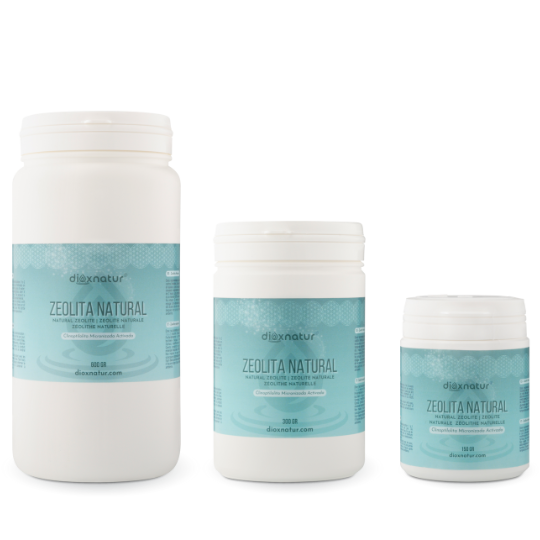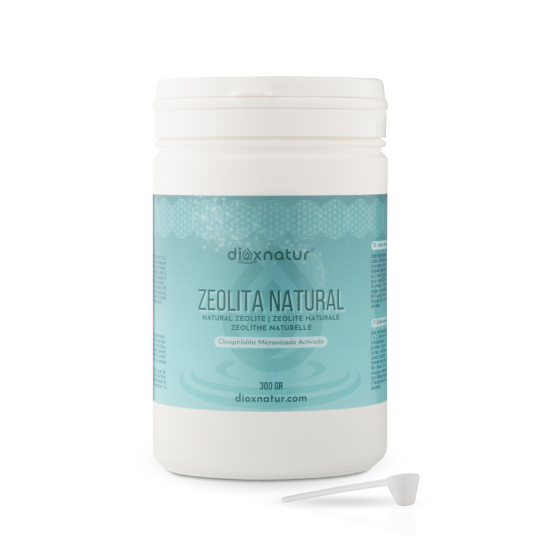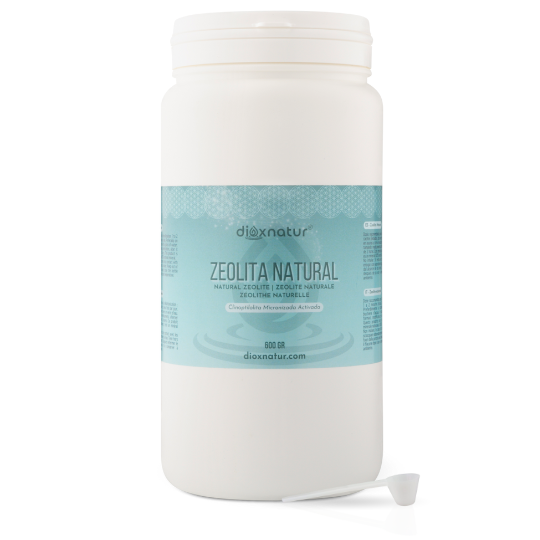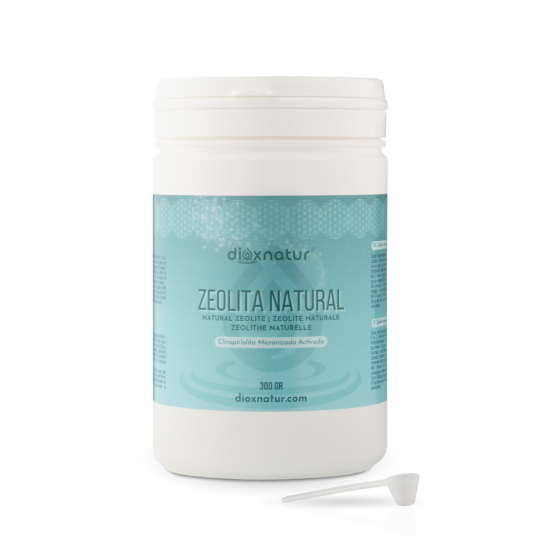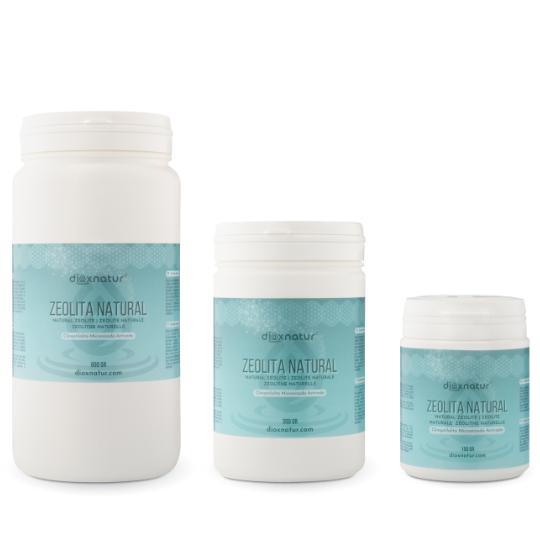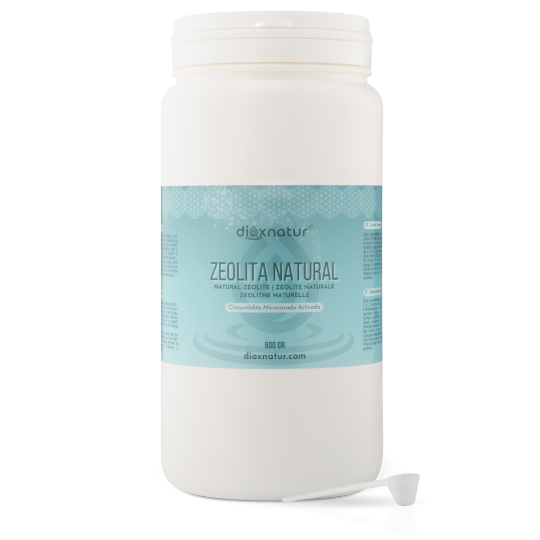What are Ultra-Processed Foods?
Ultra-processed foods are industrial products that have undergone various physical, chemical and biological processes. These products often contain ingredients that are not used in home cooking, such as colorants, preservatives, flavor enhancers and artificial sweeteners. They are designed to be long-lasting, convenient and attractive, but often lack nutritional value.
In general, ultra-processed foods are created with the intention of being ready for immediate consumption or to be heated in the microwave. These foods are designed to be extremely tasty, often at the expense of health.
Difference between Processed and Ultra-processed
It is crucial to understand the difference between processed and ultra-processed foods.
Processed Foods: These are foods that have been altered in some way during preparation. For example, frozen vegetables, canned fruits, and whole wheat bread are considered processed. These foods may have additives to preserve freshness or enhance flavor, but they have not been extensively modified and retain most of their original nutrients.
Ultra-processed foods: These are foods that have been extensively modified and contain industrial ingredients not normally used in cooking. Examples include packaged snacks, soft drinks, and frozen fast foods. These foods are often high in sugar, unhealthy fats, and salt, and lack fiber, essential vitamins, and minerals.
Impact of Ultra-Processed Foods on Health
The regular consumption of ultra-processed foods has been linked to numerous health problems. These include obesity, cardiovascular disease, type 2 diabetes, and certain types of cancer. The main reason is their high content of sugar, trans fats, and salt, along with the lack of essential nutrients such as fiber, vitamins, and minerals. In addition, these foods may contain additives and preservatives that can be harmful to health in the long term.
15 examples of ultra-processed foods
- Soft drinks : Highly sugary and full of empty calories.
- Packaged snacks : Chips, pretzels, and other salty snacks.
- Sugary cereals : Popular breakfasts but loaded with sugar.
- Cookies and cakes : Highly processed sweets with trans fats.
- Frozen fast foods : Pizzas, hamburgers and chicken nuggets.
- Commercial granola bars : Often contain more sugar and additives than nutritional benefits.
- Sausages : Sausages, ham and other processed meat products.
- Commercial ice creams : Full of sugar, saturated fats and additives.
- Packaged sauces and dressings : They contain preservatives and flavor enhancers.
- Energy drinks : High in caffeine and sugars.
- White bread : Processed and often stripped of fiber and nutrients.
- Soups in packets : May contain high levels of sodium and preservatives.
- Margarine : Trans fats that are harmful to cardiovascular health.
- Commercial chocolates : Often loaded with unhealthy sugars and fats.
- Packaged juices : They may contain more sugar than fresh juice and fewer nutrients.
How to Identify Ultra-Processed Foods
To identify ultra-processed foods, it is important to read product labels. Here are some key points to keep in mind:
- Long Ingredient List : If the ingredient list is long and contains many names you don't recognize, the product is likely ultra-processed.
- Presence of Additives : Colorants, preservatives, flavor enhancers and artificial sweeteners are indicators of an ultra-processed food.
- High in Sugar, Fat and Salt : These are the main components that make ultra-processed foods unhealthy.
Healthy Alternatives to Ultra-Processed Foods
Opting for minimally processed and fresh foods is the best way to avoid the negative effects of ultra-processed foods. Here are some healthy alternatives:
- Fresh Fruits and Vegetables : Rich in vitamins, minerals and fiber.
- Whole Grains : Such as oats, quinoa and brown rice.
- Lean Proteins : Chicken, fish and legumes.
- Nuts and Seeds : Excellent sources of healthy fats and protein.
- Sugar-free dairy products : Natural yogurt and skim milk.
Conclusion
Ultra-processed foods are designed to be convenient and tasty, but often at the expense of health. It is important to be aware of the ingredients and processes involved in producing these foods. Opting for fresh, minimally processed foods can significantly improve your overall health and well-being. By being aware of and avoiding ultra-processed foods, you can make more informed, healthier choices for yourself and your family.



